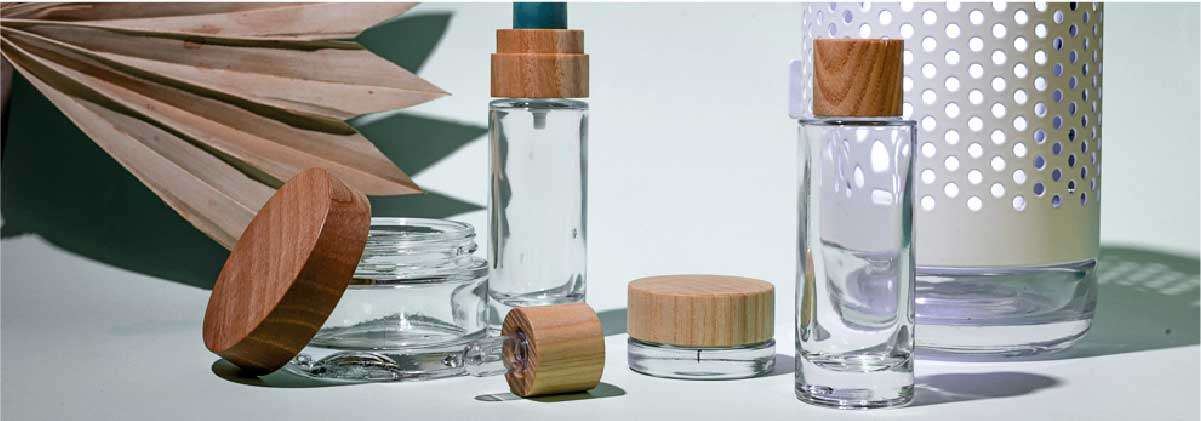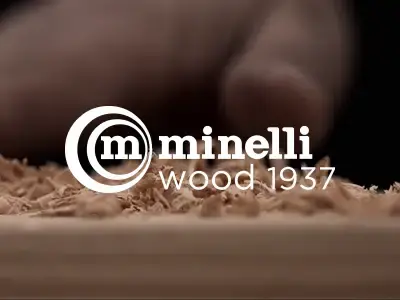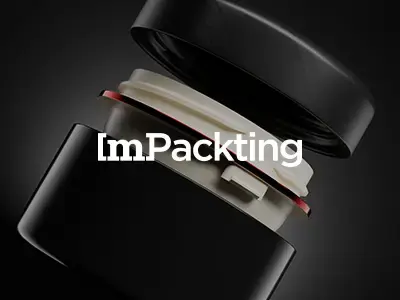 In the competitive landscape of perfumery, the packaging is a statement of brand identity and consumer values. With the rising tide of environmental awareness, sustainability in perfume packaging design is no longer an afterthought—it is a central component of a brand's ethos and a critical factor in its market appeal.
In the competitive landscape of perfumery, the packaging is a statement of brand identity and consumer values. With the rising tide of environmental awareness, sustainability in perfume packaging design is no longer an afterthought—it is a central component of a brand's ethos and a critical factor in its market appeal.
This article delves into the significance of sustainable design in the perfume industry.
The significance of captivating perfume packaging design
In the realm of perfumery, the bottle is as important as the scent it contains.
A well-crafted perfume bottle is an emblem of the luxury it represents. It should engage the consumer's senses, drawing them in with its visual appeal, the weight in their hand, the smoothness or texture of its surface, and the satisfying sound of the cap clicking into place.
Brand perception is intricately tied to the design of its perfume packaging. A distinctive bottle can become iconic, immediately recognizable, and forever associated with the fragrance it holds. It is a visual communicator, a silent salesman on a crowded shelf.
The packaging must resonate with the brand's identity and the narrative it seeks to tell. It should evoke emotions and memories, compelling the consumer to reach out and choose it among many competitors.
In a marketplace where consumers are inundated with choices, a well-designed perfume package is essential for a brand seeking a competitive edge.
Sustainability: the essence of modern perfume packaging
Sustainability has evolved from a niche concern to a central theme in the narrative of modern commerce, and the perfume industry is no exception. The call for sustainability in perfume packaging design resonates with a growing consumer base that places environmental ethics on par with product quality. This shift is not merely about adhering to regulations or following trends; it is a profound rethinking of the role and impact of packaging in the ecosystem.
Sustainable packaging is a tangible expression of a brand’s commitment to the well-being of the planet. It showcases a brand’s dedication to innovation and its willingness to invest in the future. By integrating sustainable practices, brands align themselves with a conscientious consumer base, build brand loyalty, and set themselves apart in an increasingly eco-aware market.
.jpg?width=500&height=334&name=Th-legnavis-dark-brown-1(1).jpg)
The role of wood in sustainable perfume packaging design
In the pursuit of sustainability, wood emerges as a material that harmoniously blends tradition with innovation. Integrating wooden elements into perfume packaging is a testament to a brand's commitment to eco-design.
The natural allure of wood, with its unique grain patterns and organic feel, enriches the consumer experience, imbuing it with a sense of connection to nature. This return to natural materials does not forgo luxury; instead, it redefines it, offering a new dimension of sophistication.
When responsibly sourced, wood serves as a beacon of sustainability. It is a material that supports the lifecycle of the product and speaks to a future where luxury and responsibility are intertwined. Wood is a canvas for innovation, allowing designers to explore sustainable solutions without sacrificing the aesthetic and tactile pleasures that elevate a product from ordinary to extraordinary.
The importance of selecting a sustainable wood manufacturing company
Selecting a manufacturing partner that upholds sustainable practices is a vital step in ensuring that the environmental ethos of a brand is genuinely reflected in its products. A sustainable manufacturing company operates with a heightened sense of responsibility towards resource usage, energy consumption, waste management, and overall environmental impact.
Its manufacturing process must align with the principles of the circular economy, where the goal is to minimize waste and make the most of resources. This could involve using renewable energy, recycling water, reducing emissions, and employing eco-friendly production methods.
A manufacturing partner with a strong sustainability profile can offer expertise in innovative techniques that enhance the eco-friendliness of packaging, like solvent-free finishes or energy-efficient production lines. Such collaboration can also foster transparency, enabling brands to provide customers with detailed information about the lifecycle of their products. This transparency builds trust and credibility, as consumers increasingly seek to understand the environmental impact of their purchases.
In essence, the importance of choosing a sustainable manufacturing company cannot be overstressed. It is a critical decision that affects every facet of the product lifecycle and has far-reaching implications for the brand's reputation, customer loyalty, and the environment.
Since 1937, Minelli S.p.A. has designed, developed, and manufactured premium custom-made wooden components and products for many different brands and markets, and the quality of its objects is recognized all over the world.
In 1999, we were among the first to be certified by the FSC when it was not yet a standard. Today, we are also PEFC certified.
We were pioneers in introducing and patenting a completely eco-friendly threaded cap without plastic or glue that we called Legnavis. We are very proud of this completely sustainable, elegant, and customizable solution.
If you need more information or have a project in mind, do not hesitate to contact us!








